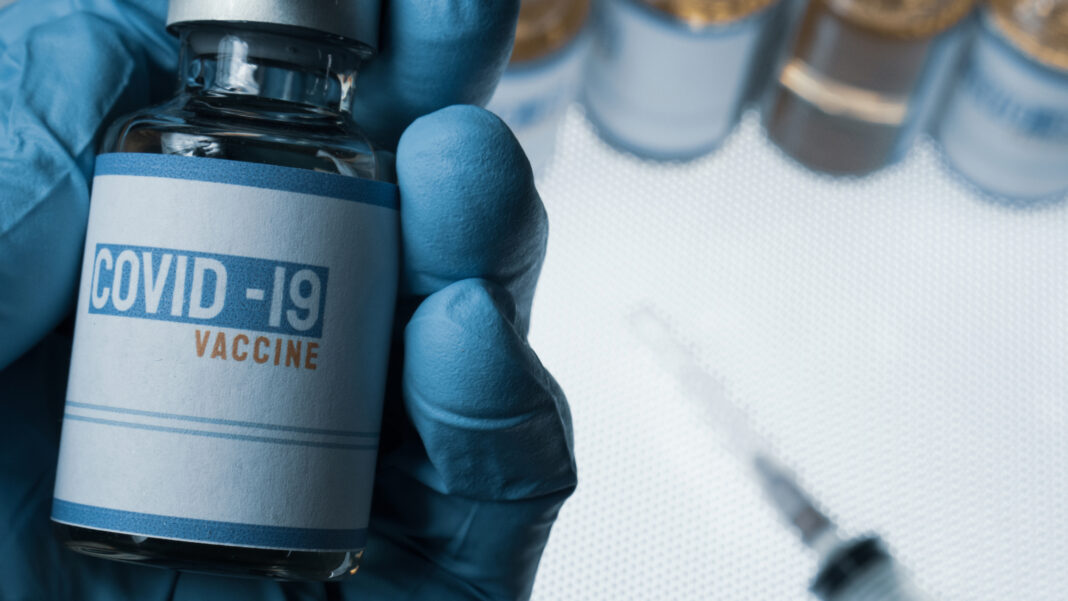Do you have questions about the COVID-19 vaccine? If you answered yes, you’re not alone.
According to Dr. Syed Husain, an infectious disease specialist at St. Francis Medical Center in Trenton, there is a lot of misinformation circulating about the vaccine. “Our infectious disease team has received many questions about the vaccine, asking us what is true and what is false,” Dr. Husain said. “It’s important to separate fact from fiction when deciding whether to get the vaccine.”
To clear things up, Dr. Husain answers some of the most common questions people have about the COVID-19 vaccine:
Can the COVID-19 vaccine make me sick with COVID-19? No. The COVID-19 vaccines do not contain any live virus. That means the vaccines cannot make you sick with COVID-19. Instead, the vaccines work by teaching your body how to recognize and fight the coronavirus. This protects you from getting sick with COVID-19.
Should I be worried about severe allergic reactions to the vaccines? The COVID-19 vaccines are very safe. They have gone through vigorous safety testing by the U.S. Food and Drug Administration (FDA). Some vaccines—not just the COVID-19 vaccines—do cause an extremely small number of people to have an allergic reaction. For that reason, people who are vaccinated are asked to “hang out” for 15 to 30 minutes after they receive their shot. That way, if someone has a reaction, medical personnel are right there to care for them.
Are the side effects from the vaccine severe? Some people do have minor side effects like irritation and arm soreness at the injection site. Other less frequent side effects can include headache, muscle aches, fatigue, joint pain, and a slight fever. Those effects are a little more common after the second dose, but still rare. While these symptoms may be a bit uncomfortable, they’re proof that the vaccine is doing its job. They are also temporary, with side effects passing within 24 to 48 hours.
Should I be worried about how fast these vaccines were developed? No. The COVID-19 vaccines have gone through rigorous clinical trials with tens of thousands of people to make sure they are safe and effective. That is why they were approved for emergency use by the FDA. They would not have been approved for emergency use if there were doubts about their safety. I’ve already had COVID-19 and recovered.
Should I still get the vaccine? Yes. Reinfection is still possible, even if you have had COVID-19. For this reason, it is best for everyone to get vaccinated.
Once I’m vaccinated, can I finally stop wearing a mask? No. The approved vaccines are very good at protecting people from COVID-19. But a person who doesn’t get sick can still be infected with the virus. And we don’t yet know whether a vaccinated person can or cannot spread the virus to others. Until we know these answers, it’s important to continue wearing masks, washing our hands often, and keeping a safe distance from others.
Will the COVID-19 vaccines alter my DNA? No. COVID-19 vaccines do not change or interact with your DNA in any way. The vaccines work by teaching your body how to recognize and fight the coronavirus.
Is it safe for me to get a vaccine if I want to have a baby someday? Yes. The vaccines do not affect fertility or pose a risk to unborn babies. People who are trying to become pregnant now or who plan to try in the future may receive the COVID-19 vaccine when it becomes available to them.
Is there a microchip in the vaccine? No. There is no microchip or tracking device in the vaccine. The only ingredients in the vaccine are those that will help prevent you from getting COVID-19.
For answers to more Frequently Asked Questions on COVID-19, visit https://www.stfrancismedical.org/coronavirus/
To find a New Jersey COVID vaccine location, call the New Jersey Department of Health’s hotline at 1-855-568-0545 or visit online at https://covid19.nj.gov/.





